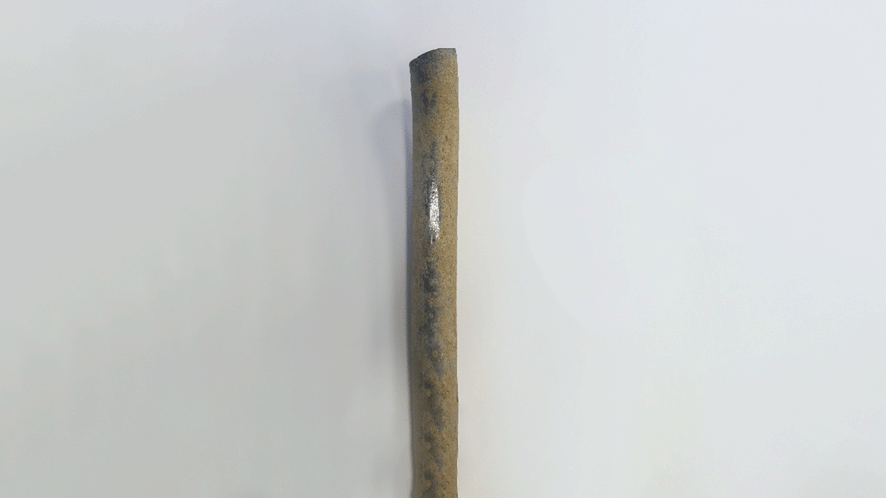
Lead
See our advice below
What’s the problem?
Several decades ago, lead pipes were commonly used as domestic water pipes across the country because lead was a good, hard-wearing material to use. But due to emerging concerns for the risks they pose to health, no new lead pipes have been installed since 1970.
However, this legacy of lead pipework means there are a small number of lead pipes still in our network. We treat the water in order to minimise the health risk from lead pipes, and we're encouraging customers to replace any lead pipework at their property.
If your home was built after 1970, it's unlikely that you'll have lead pipes. You can identify lead pipes by performing the following checks:
- Dull grey on the outside
- Dull sound when tapped
- Easily scratched to reveal a shiny silver colour

What are South West Water doing about lead pipework?
In recent decades, we’ve replaced a lot of the lead pipes in our network, and the good news is that since 1970, lead has been banned as a material to use for water pipes. But there's still a small number of lead pipes out there.
We’re performing lots of surveys to identify and remove lead pipework, with a goal of making the region completely lead-free by 2050.
We’re working with customers to support them with replacing their pipes, and in some hot-spot areas we’re running schemes to replace customers' pipes for free.
What do I do if I think I have lead pipework?
Check out our handy guide on lead pipework for more information.
If you suspect that your internal plumbing pipes or your external supply pipe might be made of lead, please call our team on 0344 346 2020 and we’ll arrange for a sample to be taken of your water. Once lead has been confirmed we’ll work with you on the next steps.
The homeowner is responsible for the replacement of the pipes which belong to them. However, if you replace a lead supply pipe, and you’ve let us know, we’ll replace any lead communication pipe (running from the water main to your external stop tap) that might be present.
In the meantime, you can reduce the amount of lead in your tap water by simply leaving the tap to run for a while before using the water (especially if the tap hasn’t been used for several hours).
Queries about lead pipework?
If you have any questions about lead in water, or about anything else to do with your water supply, please call us on 0344 346 2020.